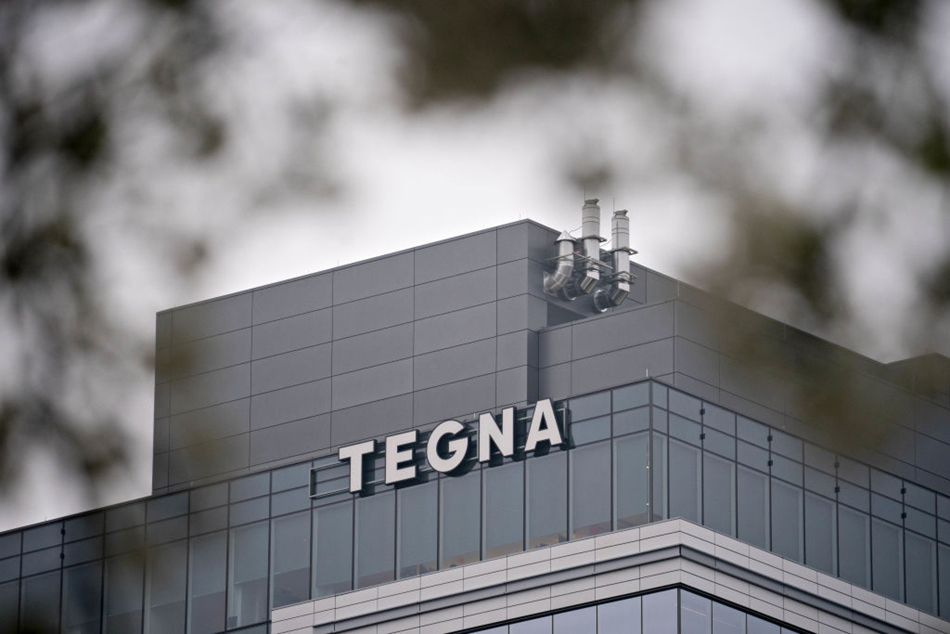
Standard General said it filed a lawsuit asking a U.S. Appeals Court to order the Federal Communications Commission to reverse a decision by its Media Bureau to extend the review of its acquisition of Tegna and to instruct the commission to approve the deal.
Standard General agreed to buy Tegna last February and the regulatory review process has been unusually lengthy, stretching out more than a year. Most recently the FCC’s Media Bureau sent the review to an administrative judge for a hearing, which would not be completed until after Standard General’s financing expires on May 22, effectively killing the deal.
Standard General previously appealed the Media Bureau's action to the full FCC.
Also Read: Standard General’s Soo Kim: FCC Hearing Designation Is Tegna Deal ‘Kill Shot’
“That superficially procedural directive (the Hearing Order) is in substance a denial of the broadcasters’ license-transfer applications,” Standard General said in its filings. “And by refusing to countermand the Media Bureau’s action — despite the broadcasters’ urgent requests — the FCC has embraced that de facto denial as its own. The Commission will thus derail the deal without having to justify that denial and back it up with substantial record evidence.”
Also Read: Standard General’s Legal Moves Unlikely To Rescue Tegna Deal, Former FCC Lawyer Says
Standard General argues the FCC’s action is unlawful for numerous reasons, and the broadcasters have promptly sought review by the U.S. Court of Appeals for the D.C. Circuit.
The company has argued that the objections to the deal — possible increased retransmission fees and potential newsroom job cuts — are outside the FCC’s jurisdiction when it comes to approving a license transfer.
Standard General has nonetheless pledged not to raise retrans fees or lay off staff.
Sending the review to an administrative judge not under the direct control of the president is unconstitutional, Standard General has argued.
The merger would create the largest minority-owned, woman-led broadcaster, which Standard General argues is in the public interest.
While some argue that the Media Bureau designation of the review for a hearing by an administrative law judge is not a final decision, so not appealable, the suit, instead, positions the February 24 designation as an FCC order “denying their applications to transfer station licenses.”
“The hearing ordered by the Media Bureau pursuant to delegated authority is unconstitutional and otherwise unlawful on multiple grounds, and its purpose and effect is to deny the applications,” Standard General and Tegna told the court.
Bottom line, the merger partners said: “The Hearing Order is a final denial warranting this Court’s review.” ■







